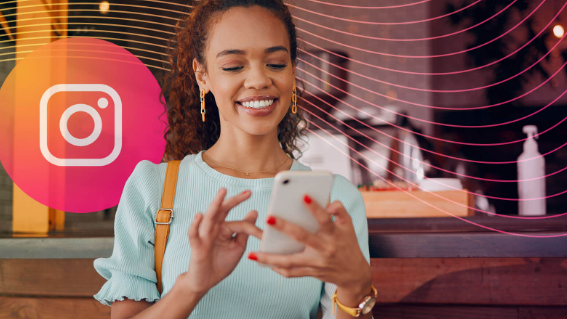

Bhubaneswar: In the carefully curated world of Instagram, where every post is polished to perfection, a silent mental health crisis is unfolding among content creators who have built their identities around digital validation. The relentless pursuit of likes, shares, and followers is taking a devastating toll on the psychological well-being of influencers across India, with many struggling under the weight of constant performance pressure.
The influencer economy has created a new form of psychological dependence where self-worth becomes directly tied to engagement metrics. Every morning, thousands of content creators wake up to check their overnight performance—counting likes, analyzing reach, and measuring their value through algorithmic validation.
"We're seeing a generation that has internalized social media metrics as personal worth indicators," explains Dr. Rashmi Patel, a clinical psychologist practicing in Bhubaneswar. "When a post doesn't perform well, these individuals experience genuine grief and self-doubt. The dopamine hit from high engagement creates an addiction cycle that's incredibly difficult to break."
The pressure intensifies when social media becomes a primary income source. Influencers must constantly produce content that generates engagement, creating a never-ending cycle of performance anxiety. Brand partnerships often depend on consistent metrics, making every post feel like a make-or-break moment for their livelihood.
Behind the glamorous lifestyle posts and motivational content lies a different reality. Many influencers report feeling trapped by the personas they've created online, unable to show vulnerability or admit struggles without fear of losing followers.
"The irony is that authenticity—which audiences crave—becomes impossible when your income depends on maintaining a perfect image," notes Dr. Suresh Mohanty, a psychiatrist based in Cuttack who has treated several content creators. "We're witnessing increased cases of anxiety disorders, depression, and panic attacks among young people whose careers revolve around social media presence."
The comparison culture fostered by social platforms exacerbates these issues. Influencers constantly measure their success against others, leading to imposter syndrome and chronic feelings of inadequacy. The fear of falling behind in follower counts or engagement rates creates persistent stress that many describe as overwhelming.
Instagram's algorithm changes can devastate an influencer's mental health overnight. Sudden drops in reach or engagement often trigger intense self-reflection and panic. Many report sleepless nights analyzing what went wrong, desperately trying to decode the platform's mysterious workings.
"The unpredictability of social media algorithms creates a gambling-like psychological response," explains Dr. Patel. "Content creators develop obsessive behaviors, constantly checking analytics and modifying their approach based on performance data. This hypervigilance is exhausting and unsustainable."
The pressure to stay relevant drives many to extreme measures—posting multiple times daily, engaging in controversial topics for attention, or compromising personal boundaries for content. The line between private life and public persona becomes increasingly blurred.
Mental health professionals emphasize the importance of developing identity beyond social media metrics. Dr. Mohanty recommends that content creators establish clear boundaries between their online and offline selves.
"Digital detox periods are crucial," he advises. "Regular breaks from platforms, pursuing offline hobbies, and maintaining relationships that aren't based on follower counts help restore perspective and self-worth."
Several influencers are beginning to speak openly about their mental health struggles, helping normalize conversations around digital wellness. Setting engagement limits, diversifying income sources, and seeking professional help when needed are becoming essential survival strategies in the influencer economy.
The social media landscape needs systemic changes to protect creator mental health. Platform designs that prioritize engagement over well-being, unrealistic beauty standards, and the commodification of personal lives all contribute to this crisis.
As the influencer economy continues growing, addressing these mental health challenges becomes crucial. Content creators, platforms, and audiences must work together to create a more sustainable and psychologically healthy digital environment.
If you or someone you know is struggling with mental health issues, please reach out to professional help. National helplines and local mental health services are available for support.